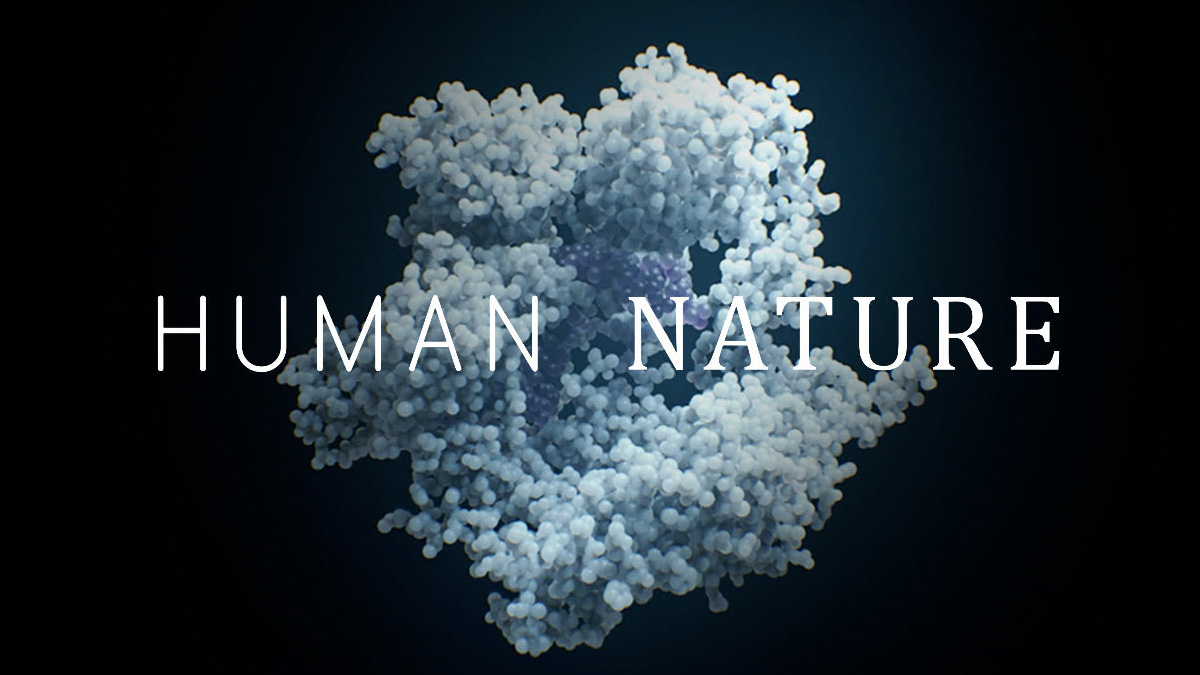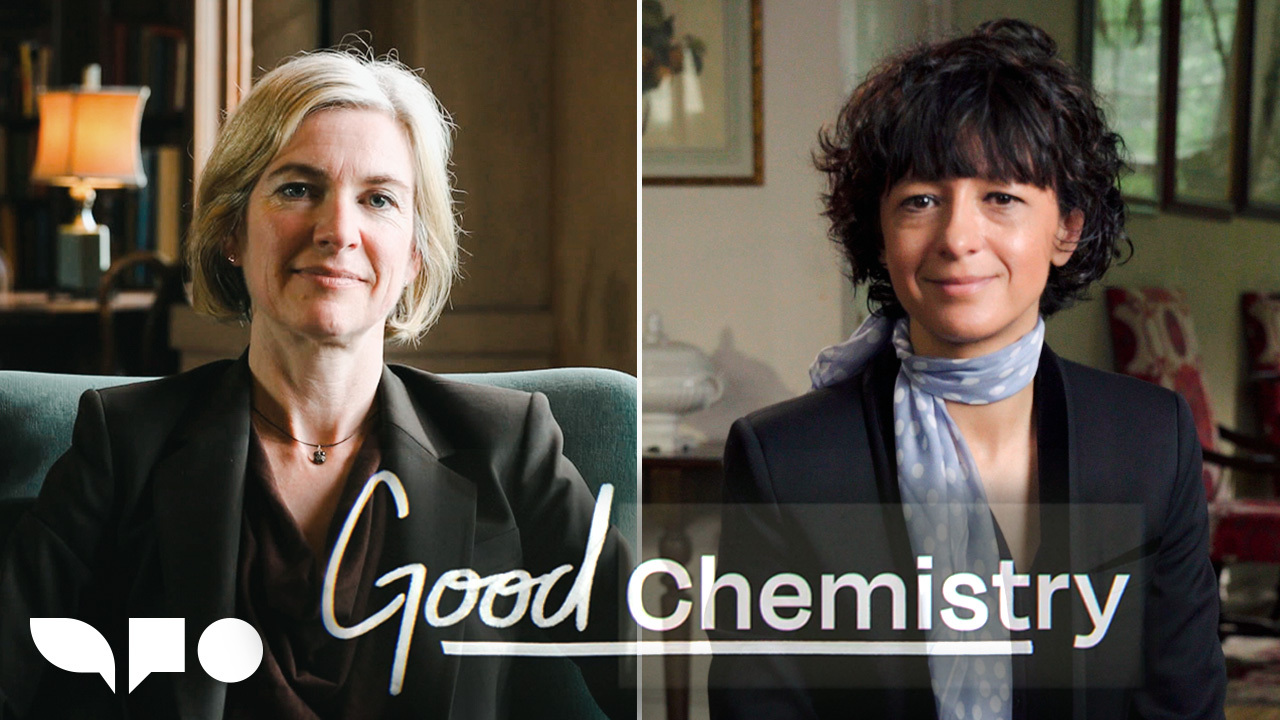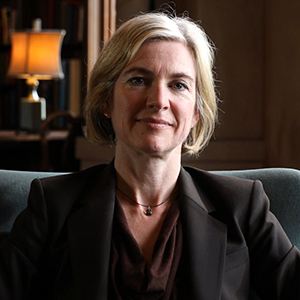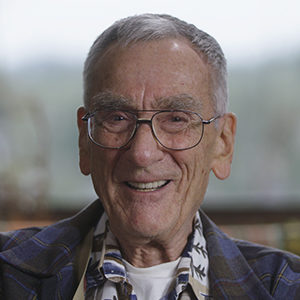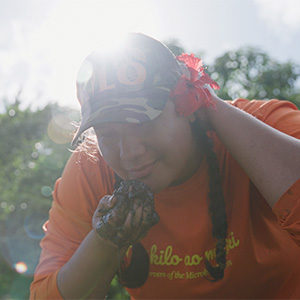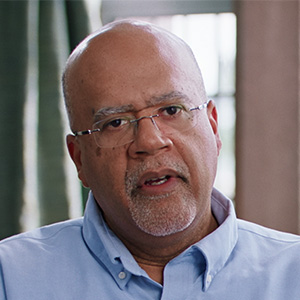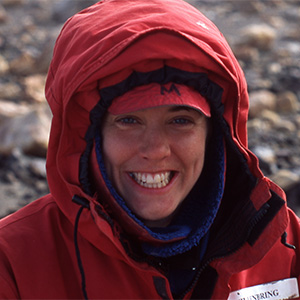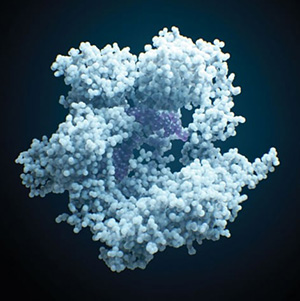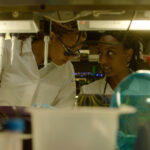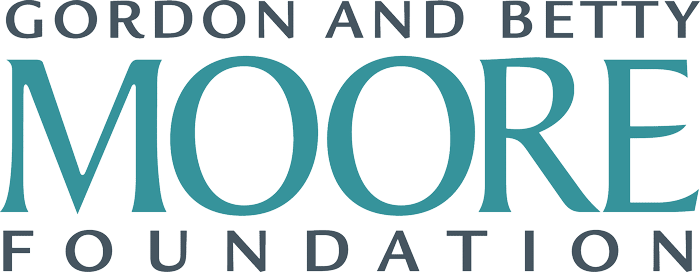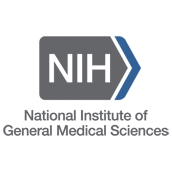R. Alta Charo: There’s a lot of people that think science is cold and unfeeling. I think it’s quite the opposite. I think science is magnificently artistic and romantic. The idea that when a bee comes and looks at a flower, that the bee sees something entirely different than what I see. Colors that are only visible in the ultraviolet spectrum that shows the bee come here. That’s amazing.
For many people figuring out how things work actually takes away the beauty and the magic. They need the mystery. For me the beauty and magic comes from wonder. Isn’t it amazing that it works that way?
I think that the 21st century is gonna be the century of biology. We are now in the beginning of an era of a new level of manipulation that we have over nature. We have a whole new way of thinking about what we want around us and how to create it. And it gives us powers we’ve never had. I think that we are gonna come to rely on this kind of manipulation more and more. Genetic engineering and CRISPR are gonna be essential tools for how we can mesh with a different kind of planetary situation.
Other forms of editing existed but with CRISPR, the power of it and the lowered expense of it means that you have a qualitative change in the science. Think about the transformation with YouTube. Suddenly everybody can be a movie maker. When you take something that otherwise needed very elaborate laboratory equipment and a PhD and you change it into something that high school students could do in their high school laboratory, that is fundamentally disturbing to our status quo.

With this kind of very precise form of engineering there’s concerns that it might get away from us. But can this be an essential tool for what might be some truly dramatic, even revolutionary, changes in the way the earth functions? Yes.
We need to be thinking together about how to create sustainable environments or new sources of water that we can drink. New ways to engineer plants that can tolerate higher degrees of salinity. How to grow food in a sustainable fashion on a scale we haven’t seen before, without damage like we have seen before. How to create a surface for your homes that is organic and is engineered to react to the outside temperature and sunlight so that it automatically cools and heats without the need for carbon-based fuels. We could engineer a park so that the greenery glows at night and you don’t need to have artificial lights, which use energy. Bioengineering is going to be a ticket to that.

When I was in college and I was a biology major, my focus actually was on a field called ethology. It’s animal behavior. One of the things you really begin to have to face is how cruel things are in the natural world. At some point over time, we began to recognize we needed to separate ourselves from this aspect of nature.
We had many eras in human history where we accepted conditions of tremendous filth and we just thought that was the way things are. The diseases and the, now what we consider to be, terribly short lives were just a normal part of human existence in this planet. It’s not about rejecting nature. It’s about beginning to appreciate that nature is not some always benevolent force. It’s simply a set of background conditions.
CRISPR is part of the natural world. And this is a world of opportunities that come with this incredibly accurate and sophisticated ability to manipulate biological organisms and understand how things work on a fundamental level.
It’s biology. That’s the place genetic engineering starts. We don’t need to make our lives easier but when we do, it opens up possibilities to do other things with our time and our energy.
In the future, I do think that we are going to be able to develop a universal vaccine. We’re going to be able to regenerate tissue in our heart that has been damaged. People might have a form of organic blindness. Would it be so terrible when we give them glasses that let them see if they could also see into the ultraviolet or the infrared? Would that be so terrible?
We’re going to be able to live more actively and more vigorously to whatever turns out to be the natural kind of limit of our time spans. But I don’t think we’re gonna turn into gods you know.
Executive Producers: Elliot Kirschner, Sarah Goodwin, Shannon Behrman
Producers: Regina Sobel, Meredith DeSalazar
Cinematographer: Derek Reich
Additional Camera: Brian Alberth, Juanma Bernabeu, Jimmy Purtill
Editor: Lee Rossoff
Interview by: Adam Bolt
Graphics: Chris George, Maggie Hubbard
Associate Producer: Shelley Elizabeth Carter

